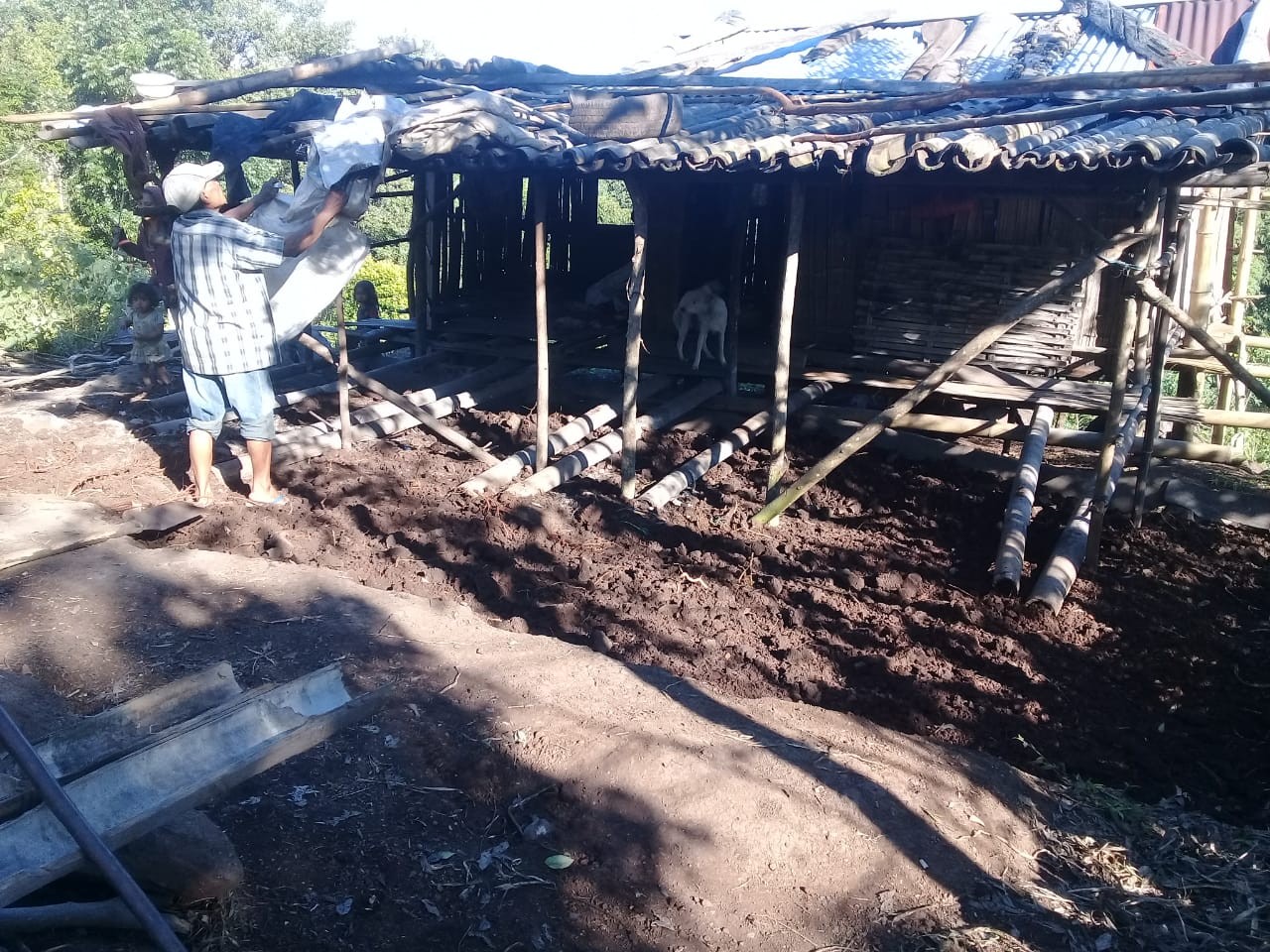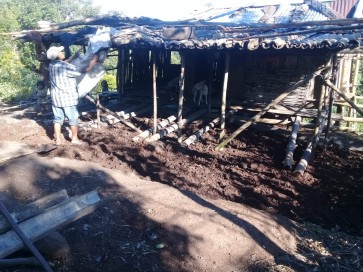Popular Reads
Top Results
Can't find what you're looking for?
View all search resultsPopular Reads
Top Results
Can't find what you're looking for?
View all search resultsRecord-low poverty reduction rate calls for more robust, inclusive economic growth: Expert
“That’s why there needs to be vastly different policies than the previous ones,” said Rusli. “If poverty increases, we risk facing social unrest.
Change text size
Gift Premium Articles
to Anyone
I
ndonesia's record low poverty reduction rate should serve as a wake-up call to the government that economic growth has been both slow and unevenly distributed, experts have said.
The Institute for Development of Economics and Finance (Indef) researcher Rusli Abdullah said in Jakarta on Jan. 16 that the country’s economic growth in recent years had not been high enough to go the last mile in poverty reduction.
He compiled data revealing that the poverty rate had only decreased 1.74 percent between 2014 and 2019, the slowest rate in the last 40 years. The data sends the message that the lower the number, the more difficult poverty reduction will be, Rusli said.
“That’s why there needs to be vastly different policies than the previous ones,” said Rusli. “If poverty increases, we risk facing social unrest.”
A lack of robust economic growth has hampered efforts to lift people out of poverty, with the number of poor recorded at 24.79 million people, or 9.22 percent of the population, as of September 2019, Statistics Indonesia (BPS) data published on Jan. 15 show.


















